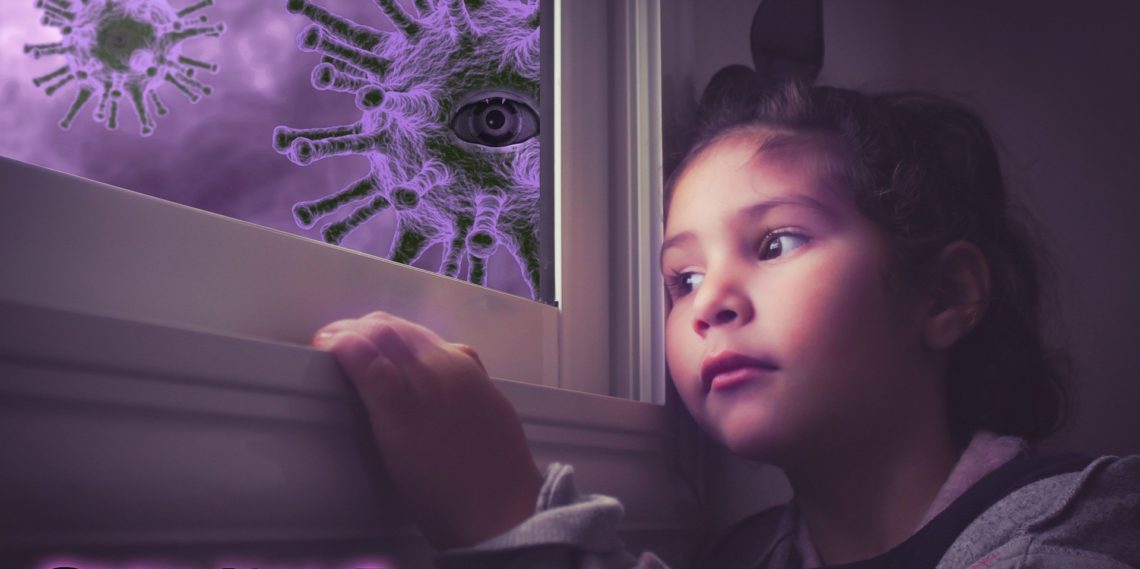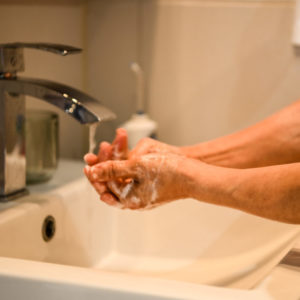Protect Yourself and Family
Coronavirus &COVID-19

There is worldwide panic regarding the newest discovered form of coronavirus, a virus that causes respiratory infection. The rapid spread of the virus is causing global pandemic. As a result of public health concerns, government officials, scientists, and healthcare professionals are working nonstop to contain the spread of the virus. Little is known about COVID-19. Still, current research provides support for various treatment interventions to manage severe disease of those affected. Do your part in disease control by following recommendations to protect yourself and family from coronavirus.
The World Health Organization (WHO) provides the latest and most up to date information about the virus. Find additional information on how to protect yourself and family from coronavirus.
What is Coronavirus?
Coronaviruses, including Middle East Respiratory Syndrome (MERS) and Severe Acute Respiratory Syndrome (SARS) have been around for some time. However, the newest form of the virus, COVID-19 was reportedly first detected in December 2019 in Wuhan, China. It is a highly infectious viral infection that is spread through human to human contact. There are few reports of animal infection. However, not enough is known to confirm animal to animal or animal to human transmission. Currently, there is no vaccine against or cure for COVID-19.

Symptoms of COVID-19
COVID-19, a respiratory illness, causes symptoms of fever, cough, and shortness of breath. Symptoms can mimic that of the common cold or flu. These symptoms include body ache, fatigue, sore throat, runny nose, and nasal congestion. COVID-19 can also present with gastrointestinal symptoms of abdominal pain, diarrhea, and changes in smell and taste.
Symptoms usually appear within two to 14 days after exposure. Symptoms can range from mild to severe. It is possible to have an infection without displaying symptoms. Therefore, those at high risk for exposure should self-quarantine for 14 days.
Who Does it Affect?
COVID-19 can affect anyone. However, age, and comorbidities can affect symptom severity. The World Health Organization suggests that individuals with comorbidities such as high blood pressure, heart disease, lung disease, cancer or diabetes are at greatest risk for developing serious illness. Children with an underdeveloped immune system, and individuals with a compromised immune system are also at risk of developing serious disease.
Autism and COVID19
There are some reports that people with autism spectrum disorder are at increased risk of contracting COVID-19. However, little evidence exists to support a direct link between autism and ease of COVID-19 transmission.
What if I have COVID-19?
Recommendations on responds to presumptive exposure or infection varies. While there are universal recommendations, other recommendations depend on where one resides. A standard recommendation is to self-quarantine.
Health officials are urging those infected with COVID-19 to refrain from visiting the hospital; unless they have severe symptoms that may require immediate medical attention and or hospitalization. Most people infected with COVID-19 do not require hospitalization. Most recover without treatment. The approach for mild to moderate disease is symptom control. You can acquire pulse oximetry for home use to monitor oxygenation.
How Can You Protect Yourself and Family From Coronavirus?
The easiest and most important way to protect yourself and family from coronavirus is proper hand hygiene. Wash your hands throughout the day, for 20 seconds at a time, with soap and water. You can also reduce risk of infection by avoiding touching your face. Other recommendations to protect yourself and family from coronavirus is to practice social distancing. Also avoid or limit social gathering. Wear a mask when in public places or settings. Thoroughly clean common areas and surfaces with approved disinfectants.
So….
COVID-19 pandemic has greatly impacted healthcare infrastructures. The spread of infection and mortality lend to global panic. To avoid or limit the impact of the disease, you can do your part by following recommendations that promise to reduce the disease spread. Fortunately, recommendations to protect yourself and family from coronavirus are easy to follow.
